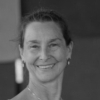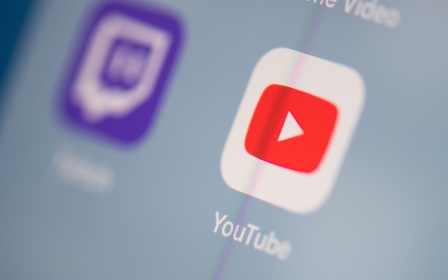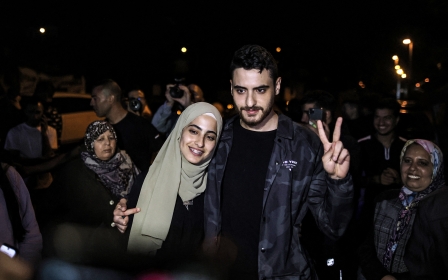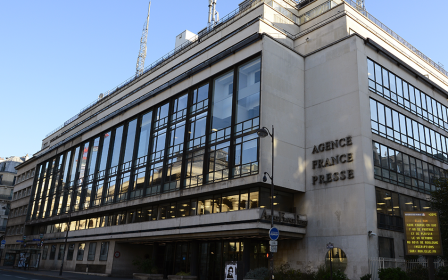Journalists must be free to tell their stories if we are to change the world
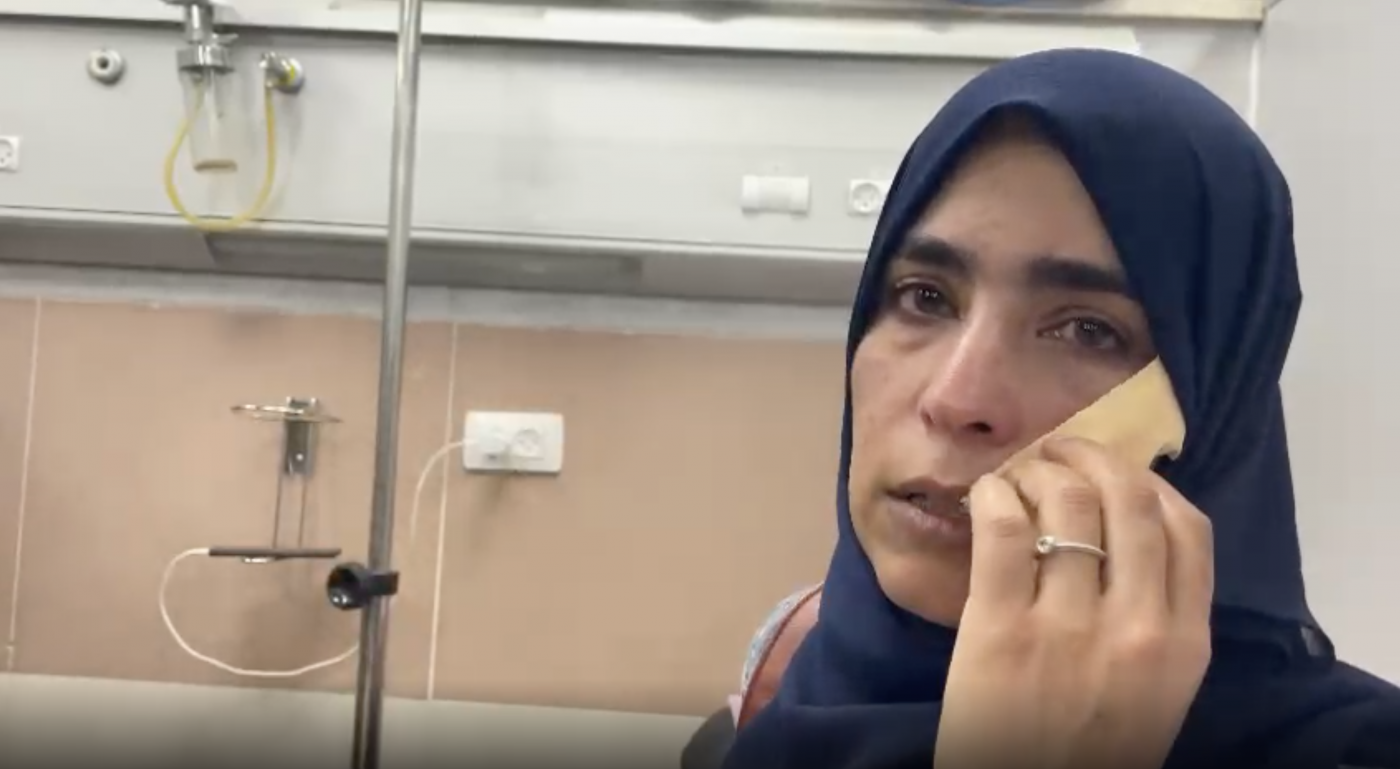
Journalism can have a dramatic effect on how we all view the world, particularly when reporting from the global south.
Stories can bring shared ideas and solutions to light, but they can also reinforce stigma and prejudice. This means it is important to consider not only which stories reach audiences but also who gets to tell those stories.
One World Media (OWM) has spent over 30 years working closely with journalists and filmmakers all over the world to help bring more original, creative and underreported stories to a global audience.
Every day we hear accounts of the obstacles which impede the flow of stories from reporters to audiences
Whether due to the obstacles faced by OWM alumnus Prashun Mazumdar in bringing his story from the frontlines of India’s Covid outbreak to the world’s attention, or the abuse and threats experienced by OWM award-winning Middle East Eye journalist Shatha Hammad, every day we hear accounts of the obstacles which impede the flow of stories from reporters to audiences.
Persistent barriers within the media industry, increasing threats to press freedom, distrust by the public and the spread of fake news - all influence and restrict the stories that shape our world.
New MEE newsletter: Jerusalem Dispatch
Sign up to get the latest insights and analysis on Israel-Palestine, alongside Turkey Unpacked and other MEE newsletters
When a single narrative dominates, we lose nuance and balance. But when we are able to access the numerous perspectives that make up the world we live in, we hear stories that inform and connect us all.
These stories can break down prejudices and rebalance the narrative. Fundamentally, filmmakers and journalists have the power to bring about change.
Events such as the annual OWM Global Reporting Summit, running from 12-13 October, are a crucial opportunity for members of the international journalism community to come together to discuss, debate and address these issues.
By exploring the role journalism plays in maintaining or confronting traditional power structures, together we have a chance to generate solutions for a freer, fairer media landscape.
The views expressed in this article belong to the author and do not necessarily reflect the editorial policy of Middle East Eye.
Middle East Eye delivers independent and unrivalled coverage and analysis of the Middle East, North Africa and beyond. To learn more about republishing this content and the associated fees, please fill out this form. More about MEE can be found here.


